Delayed, derailed and devalued: Paul Trace at Stella Rooflight discusses how the UK's planning crisis is undermining British manufacturing
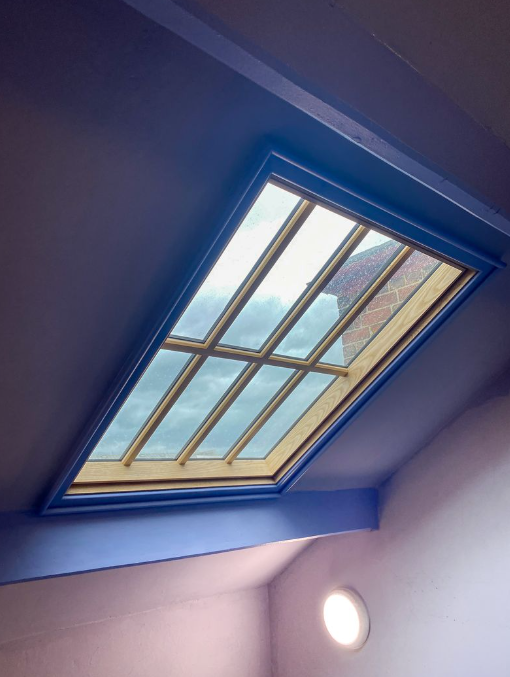 A recent Freedom of Information request to Cornwall Council has revealed an extraordinary case of planning delay - a single residential application that took 1,114 days to gain approval. That’s not a typo; that’s three full years! While this is an extreme example, it is far from unique.
A recent Freedom of Information request to Cornwall Council has revealed an extraordinary case of planning delay - a single residential application that took 1,114 days to gain approval. That’s not a typo; that’s three full years! While this is an extreme example, it is far from unique.
Planning delays are nothing new, but they’re getting worse. Across the country, developers and contractors are being forced to sit tight while local authorities work through backlogs, staff shortages, and ever-growing red tape. While we wait, the world moves on. Material and labour costs rise, client budgets shrink, and value engineering takes centre stage.
The result? The steady erosion of specification quality, the abandonment of British-made products, and the growing dominance of cheaper, imported materials that often compromise on durability, sustainability, and long-term performance.
1,100 Days and Counting
According to local reports, the Cornwall case represents one of the most egregious examples of planning inefficiency in the UK. But it’s not a one-off. Across England, statutory targets of 8 to 13 weeks are now more often missed than met. Some councils have average wait times of 40–50 weeks for major applications.
When planning approvals drag on for years, a project’s commercial viability is often the first thing to suffer. Prices calculated at feasibility stage no longer hold water by the time shovels are in the ground. According to BCIS, construction costs are expected to rise a further 12–18% by 2030. Labour shortages, inflation, and fuel costs are driving prices higher every quarter. That’s bad news for clients, and it’s even worse news for the UK’s manufacturing sector.
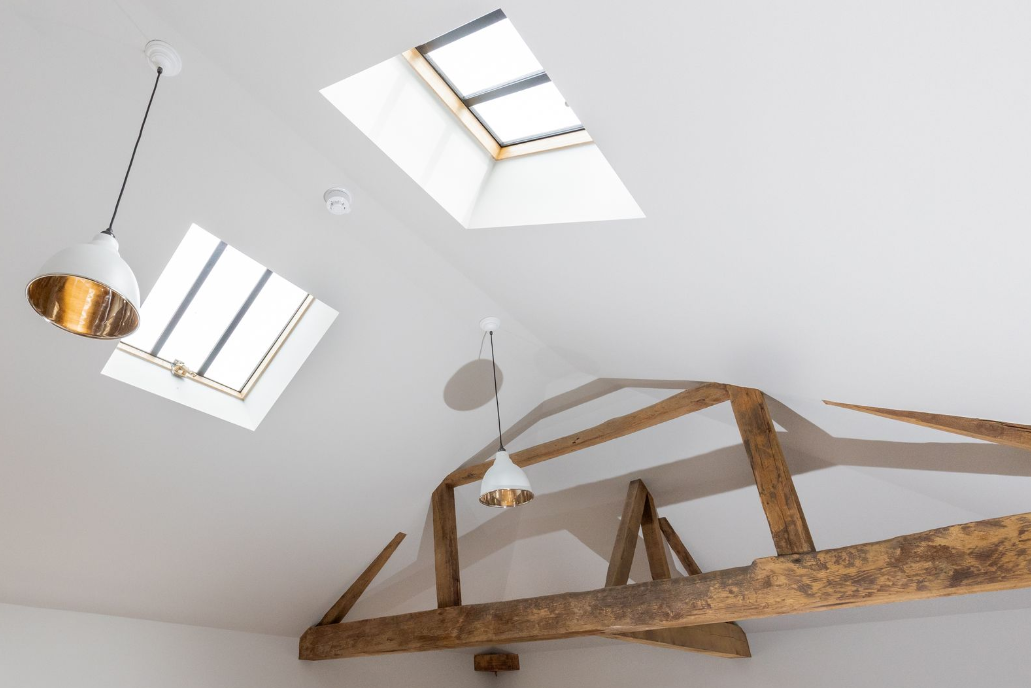 Value Engineering: When the Budget Wins and Quality Loses
Value Engineering: When the Budget Wins and Quality Loses
With protracted planning delays inflating project costs, contractors and specifiers are increasingly being asked to revisit materials and systems. Every line item is now a target. That premium rooflight? That solid oak floor? That UK-made heritage brick? All are up for replacement.
British manufacturers, once the default choice for quality-conscious clients, are being swapped out for lower-cost, and often overseas alternatives that promise 'the same look' at a fraction of the price. But as many contractors will attest, these substitutions often come with hidden costs: which can include reduced lifespan, increased warranty claims or contravening planning approval.
One example of the pressures facing UK manufacturers can be seen in the conservation rooflight market. Specialist producers, who manufacture bespoke rooflights in the UK using durable materials such as 316L stainless steel and sustainably sourced hardwood, design their products specifically to meet the strict requirements of heritage projects and to blend seamlessly with traditional architecture. Yet these high-quality solutions are increasingly being replaced at build stage by imported plastic or aluminium products that claim to be a suitable alternative but actually fall short on appearance and longevity. In some cases, this occurs even where planning conditions call for a traditional aesthetic, as cost pressures prompt substitutions.
Worryingly, such changes are being approved or overlooked more often, even under the supervision of conservation officers. The result is a gradual erosion of the very principles that conservation policy is meant to uphold, ensuring heritage buildings are restored or maintained with materials that protect their integrity, character, and long-term resilience.
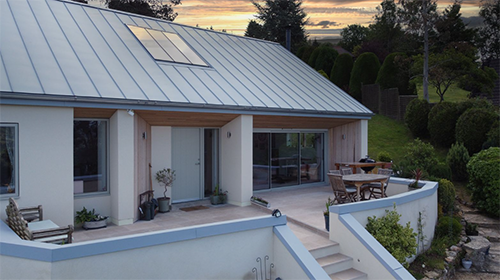 The Hidden Cost of Cheap
The Hidden Cost of Cheap
The long-term consequences of this shift are manifold. For one, heritage projects risk being compromised by inappropriate materials that don’t weather well, don’t match existing architecture, and don’t stand the test of time. Many of these substitute rooflights, have less resistance to corrosion - especially in coastal locations where 316L stainless steel would have offered decades of resilience.
Secondly, the loss of specification quality is impacting the UK manufacturing sector at scale. Every time a British-made product is swapped for an imported one, it chips away at jobs, skills, and investment in domestic capability. Companies who make the effort to design, manufacture, and assemble entirely in the UK, are often being priced out not because our products are too expensive, but because the system is forcing clients to make impossible choices.
And finally, these changes are undermining sustainability goals. British-made products travel fewer miles, often use more responsibly sourced materials, and can be supported and serviced locally. Yet in the scramble to save money and meet tight deadlines, these benefits are too often overlooked.
A System in Crisis
At the heart of the issue is a planning system that simply isn’t fit for purpose. Local authorities lack the resources to process applications in good time. Developers are forced into multiple design iterations to meet shifting guidance. And even when permission is granted, it may come too late for a project to proceed under its original budget.
Earlier this year, the Government announced an increase in planning fees - ostensibly to help councils recruit and train more planning officers. But the benefits of that investment are still years away. Meanwhile, contractors on the ground are left trying to reconcile spiralling costs with clients who are out of cash and out of patience.
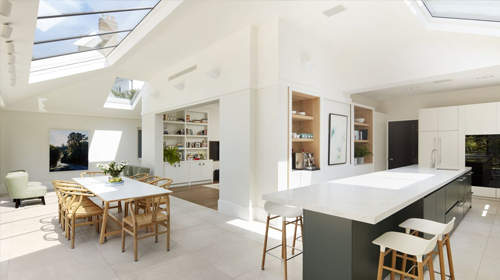 What Needs to Change?
What Needs to Change?
If we’re to avoid long-term damage to our built environment and to British industry, the system needs reform, and fast. Starting with streamlining and digitising planning applications, particularly for smaller or heritage-sensitive projects, would ease pressure on already overstretched planning authorities and significantly reduce the time taken to gain approval. A more efficient process would not only benefit applicants but also free up resources within local authorities to focus on more complex cases.
Clearer and more consistent national guidance on materials is also essential. Where conservation rules apply, traditional or like-for-like materials should be enforced without compromise. Allowing clients to switch to inappropriate alternatives undermines the very purpose of conservation policy, risking the loss of heritage character and setting poor precedents for future developments.
Supporting British manufacturing should be a priority for all parties involved in the planning and building process. Encouraging, or even requiring, local authorities, architects, and clients to specify British-made products wherever practical not only safeguards jobs but also ensures higher standards of compliance and quality. It is also a forward-looking approach that helps to protect the long-term integrity and sustainability of buildings.
Finally, better education for both clients and builders is vital. Many substitutions are made with the best of intentions but without full understanding of the consequences. Providing clearer information on the long-term implications of cutting corners could help avoid expensive remedial works, regulatory breaches, and the gradual erosion of our built heritage.
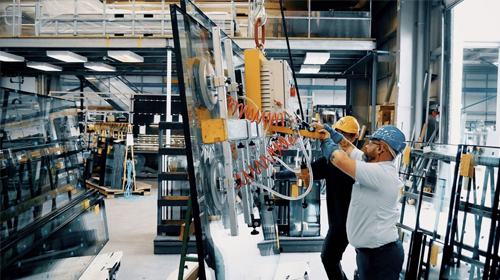 Quality Shouldn’t Be the First Casualty
Quality Shouldn’t Be the First Casualty
When planning takes years, and budgets balloon by the month, it's tempting to slash specifications to make the numbers work. But in doing so, we risk building homes and public spaces that fall short of both their potential and their obligations, architecturally, environmentally, and economically.
British manufacturers don’t just make products - they contribute to our heritage, our economy, and our reputation for excellence. If we want to preserve those values, we must tackle the systemic delays that are driving the industry toward the lowest common denominator. Because once you lose a manufacturer, you rarely get them back.
If you’re a developer, builder, or architect grappling with rising costs and material substitutions, consider the long view. The cheapest option today may not be the best investment for tomorrow.
To find out more about quality British made conservation rooflights for your project contact the Stella Rooflight team on 01794 745445 or email This email address is being protected from spambots. You need JavaScript enabled to view it.













